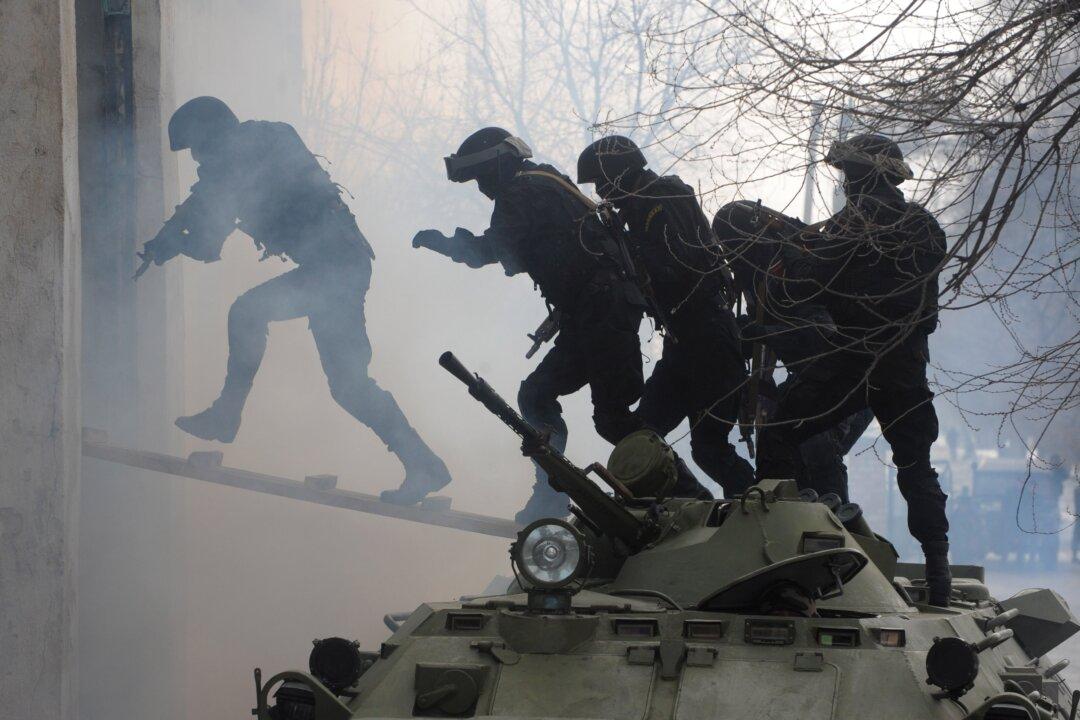The self-proclaimed Islamic State (ISIS) is seen as a growing threat throughout much of the world, its influence extending to North Africa, Europe, and even as far as Indonesia. Yet for the post-Soviet Central Asian republics, the potential consequences of the rise of radical Islamism are not clear.
For some, ISIS is simply the latest version of the “Islamic threat” to Central Asian security. The International Crisis Group, for example, links growing support for violent extremism with the last few decades’ Islamic revival in Central Asia. Others in the media have been more skeptical about the influence of ISIS in the region, and the attitude of some Western officials has, more than anything, been rather cheerful.
In their attempts to deal with perceived threats to civil stability, Central Asian governments may actually end up deepening the very problem they seek to resolve.
